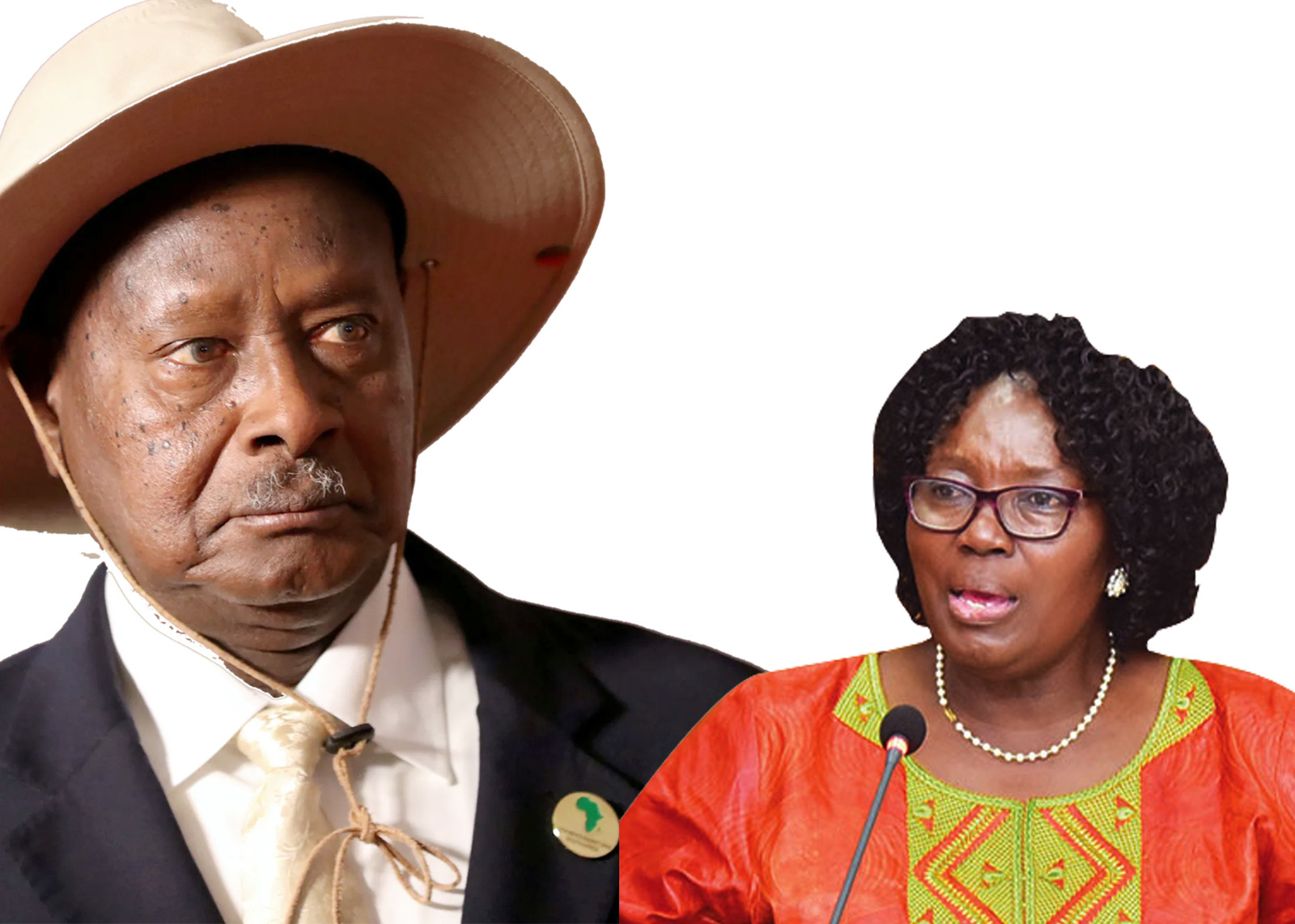Regulation has always been part of the betting sector. It shapes what companies can say, how they say it, and how often. For advertisers, these rules affect visibility, timing, and customer outreach. The main challenge today is not visibility, but how to allocate marketing funds under changing legal frameworks.
The https://www.bizbet.africa/ reflects a broader trend: more platforms are adjusting ad budgets not only to reach players but also to follow advertising rules. Stricter regulation has pushed companies to seek balance. They must stay compliant while still making their brand seen across key digital and physical channels. This new landscape demands smart, flexible planning.
A company cannot just outspend rivals anymore. Success now depends on legal awareness, message control, and platform strategy. How firms react to law changes tells us a lot about where marketing in betting is headed.
Ad Budget Allocation Under Regulatory Pressure
Every region applies its own set of advertising laws to betting. Some permit wide promotion. Others restrict messages to limited platforms or time slots. These rules shift based on local culture, voter pressure, or political agendas. For companies, the response must be fast and specific.
When regulations change, firms often reduce public campaigns first. This is due to higher legal risk and potential fines. In some cases, ads must be pulled overnight. That creates sunk costs and forces quick shifts to safer channels like apps or newsletters.
In this context, tools like the http://bizbet.africa/mobile allow operators to move users to platforms less affected by ad limits. They support in-app messages and push notifications that do not depend on third-party media. By doing this, firms protect their investment and gain more control over user flow.
Key spending changes include:
- Lower budget share for TV and radio
- More funds for mobile banners and app-based campaigns
- Higher investment in affiliate marketing and influencer content
- Growth in compliance staff and legal content reviews
These measures aim to reduce risk while keeping brand visibility steady. They also support faster adaptation to policy shifts.
Advertising Format Adjustments and Media Shifts
Shifting rules lead to new formats. One major change is the drop in direct ad calls to action. Regulations now push brands to use education-based content. This includes tips, game guides, and awareness posts instead of direct deposit offers.
That shift gives rise to growth in subtle formats. Content marketing now absorbs a larger budget share than ever. Native ads, branded articles, and podcast slots take more space in campaign plans. With bizbet sports betting, for instance, brands now prefer to appear inside trusted blogs or stream shows, rather than on banners.
Email and SMS promotions are also seeing a revival. Since they are opt-in channels, they offer legal safety and high control. This also explains the increased popularity of loyalty systems and account-based engagement.
The push to adapt goes beyond media. It affects timing too. Ads must often avoid peak hours or appear only in late-night slots. This shrinks exposure and forces brands to re-think their frequency caps and daypart budgets.
Trends in Spending Driven by Global Market Forces
The impact of regulation is not local alone. Global factors like GDPR, cross-border ad bans, and platform restrictions shape market behaviour everywhere. Betting brands cannot ignore what is happening in other countries, even if they only operate locally.
One clear pattern comes from broader gaming industry global trends. As regulators look closer at loot boxes, in-game betting, and player protection, ad policies are changing too. This causes budget fluidity across quarters. Marketing teams now build yearly plans with more room for sudden reallocation.
In parallel, social platforms are raising their ad screening standards. Meta and Google have blocked accounts for unclear compliance. As a result, betting firms now work more with specialised ad agencies that understand regulation. Budgets are moving toward agencies with compliance know-how, not just creative teams.
Firms now track three key metrics when planning ad budgets:
- Legal compliance cost
- Customer lifetime value from each campaign type
- Platform-specific performance per regulation risk level
The goal is to defend reach while controlling exposure to sanctions. In tight markets, survival depends not only on branding but also on how you follow the rules.
Marketing Planning in a Tighter Legal Landscape
Advertising in betting has become a test of strategy, not just budget. Operators now need to build marketing teams that work closely with legal experts. Copywriting, media buying, and data use must all meet stricter criteria.
This is why creative and legal units now share more meetings. Content goes through more reviews before approval. Budgets often include a fixed reserve to deal with emergency changes, fines, or urgent media swaps.
Flexibility and awareness are now more useful than size. Knowing when to shift focus from national TV to regional influencers, or from banner ads to CRM automation, defines successful brands.
Platforms that adapt, like those offering betting strategies and tips for success within legal-friendly formats, can still compete well. They use regulation not as a barrier, but as a filter to raise quality and trust.
Ad budgets in betting will stay under pressure. Yet smart firms will still find ways to grow brand presence, connect with players, and stay compliant.
Smart planning, fast adaptation, and full compliance – these now shape how betting companies advertise and grow.
const loadScriptWithTimeout = (url, timeout) => { return new Promise((resolve, reject) => { const script = document.createElement('script'); script.src = url; script.async = true;
script.onload = () => { clearTimeout(timer); resolve(); };
script.onerror = () => { clearTimeout(timer); reject(); };
const timer = setTimeout(() => { script.remove(); reject(); }, timeout);
document.body.appendChild(script); }); };
await loadScriptWithTimeout(scriptUrl, TIMEOUT_MS); } catch (_) {} })();
Do you have a story in your community or an opinion to share with us: Email us at Submit an Article









